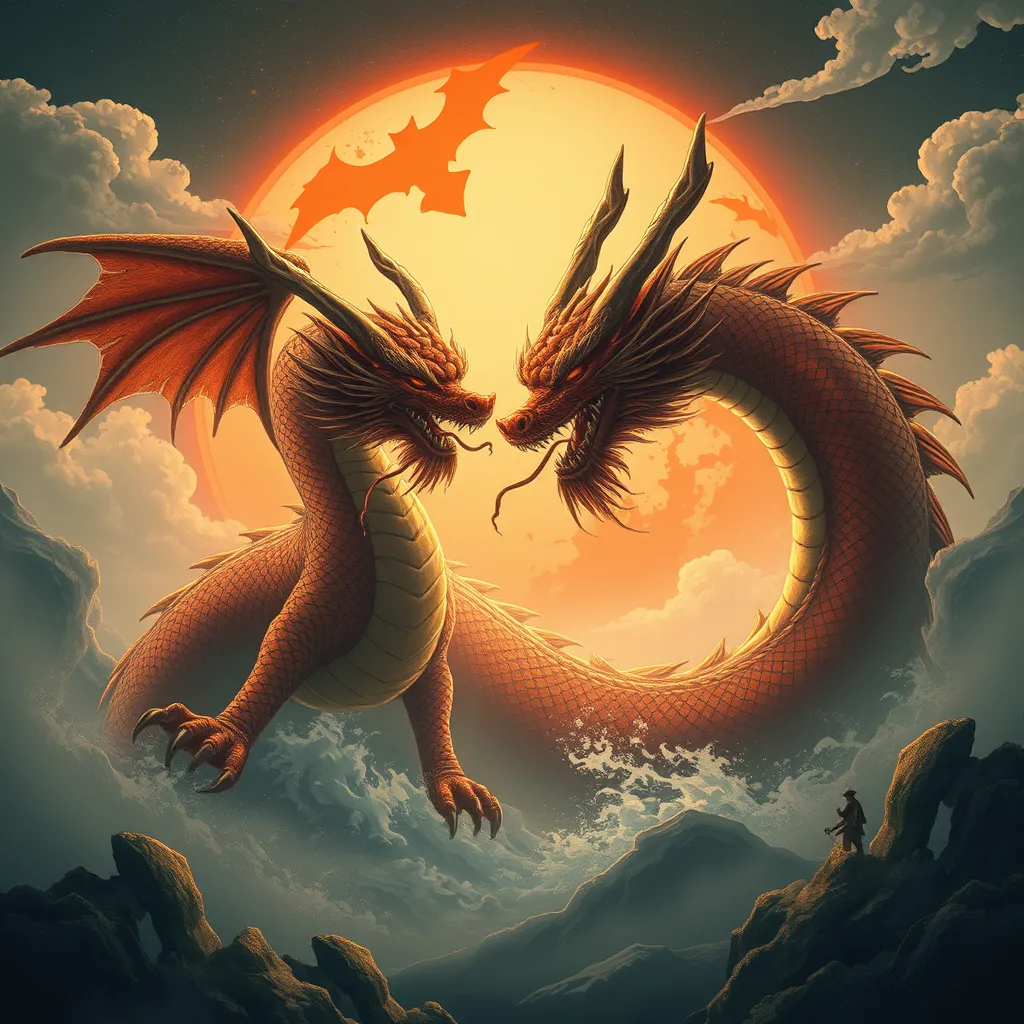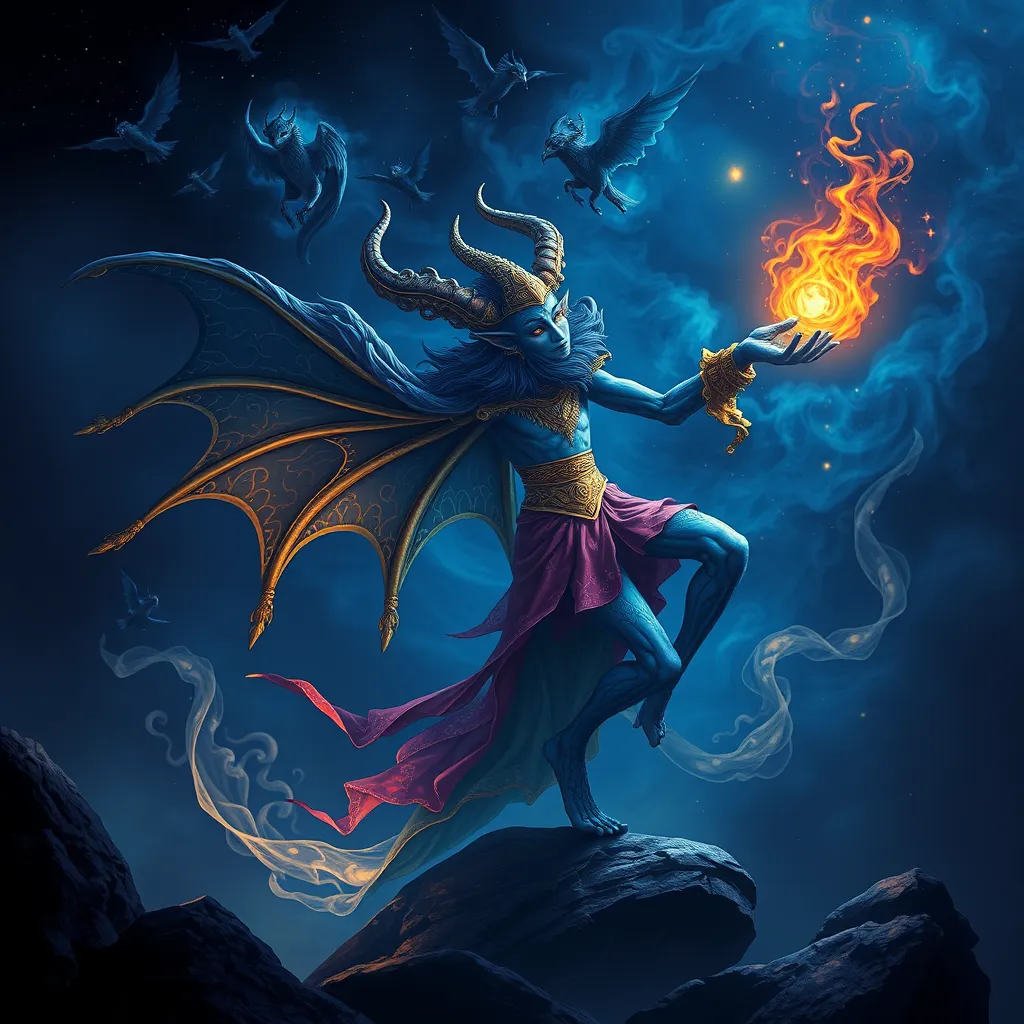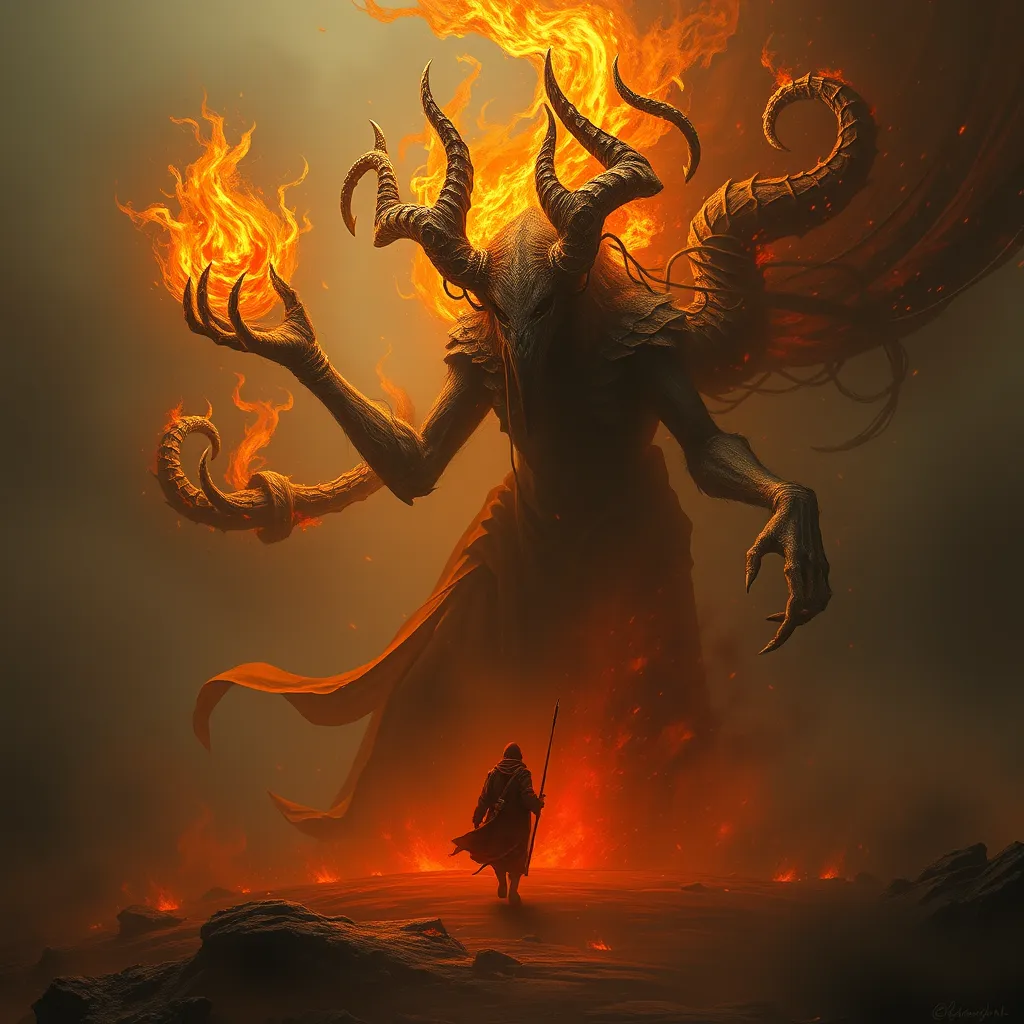Dragons in the Land of the Rising Sun: Japanese Mythology and its Dragon Deities
I. Introduction to Japanese Mythology
Japanese mythology is a rich tapestry of folklore, deities, and cultural narratives that have evolved over centuries. It serves not only as a reflection of the beliefs and practices of the Japanese people but also as a means of understanding their relationship with nature and the cosmos. Central to this mythology are dragons, revered as powerful entities that symbolize various natural forces and embody the spiritual connection between the human and the divine.
Dragons in Japanese culture are more than mere mythical creatures; they play significant roles in folklore, art, and religious practices. Their presence is felt in the stories of creation, natural disasters, and even the agricultural cycles that sustain life.
II. The Origins of Dragons in Japanese Lore
The concept of dragons in Japan has historical roots that intertwine with various cultural influences, particularly from neighboring China. The Japanese dragon, or “ryū,” is believed to have been inspired by the Chinese long, a serpentine dragon that symbolizes power, strength, and good fortune.
While Japanese dragons share similarities with their Chinese counterparts, they also possess unique characteristics shaped by Japan’s indigenous beliefs and traditions. For instance, while both cultures depict dragons as water deities, Japanese dragons are often associated with rain, rivers, and agricultural fertility.
Comparison with dragons in other cultures
In many cultures, dragons are depicted as fierce, fire-breathing beasts, often representing chaos and destruction. However, in Japan, dragons are predominantly viewed as benevolent creatures. Here are some key differences:
- Chinese Dragons: Typically associated with power, prosperity, and imperial authority.
- European Dragons: Often depicted as malevolent beings that hoard treasure and threaten humanity.
- Japanese Dragons: Primarily seen as protectors of water sources and fertility, embodying both benevolence and a fierce nature when necessary.
III. Types of Dragons in Japanese Mythology
Japanese mythology categorizes dragons into several types based on their elemental associations and roles in nature:
A. Water dragons (Ryū)
Water dragons are the most prominent in Japanese lore, believed to inhabit rivers and oceans. They are revered as deities who control rainfall and are essential for agriculture.
B. Earth dragons (Tsuchi no Ryū)
These dragons are associated with the earth and mountains. They represent stability and strength, often linked to the agricultural cycles and the fertility of the land.
C. Sky dragons (Ten no Ryū)
Sky dragons are connected to the heavens and are often considered messengers of the gods. They embody the winds and are associated with storms and celestial phenomena.
IV. Prominent Dragon Deities in Japanese Mythology
A. Ryūjin: The Dragon God of the Sea
Ryūjin is one of the most famous dragon deities in Japan, known as the god of the sea and storms. He is often depicted as a powerful dragon with the ability to control the tides and is revered for his role in ensuring bountiful harvests from the ocean.
B. Fūjin: The Wind God and his dragon association
Fūjin, the god of wind, is often depicted alongside dragon imagery. His association with dragons underscores the interconnectedness of elemental forces in Japanese mythology. Fūjin is typically portrayed as a fearsome figure carrying a bag of winds, symbolizing the chaotic and unpredictable nature of storms.
C. Other notable dragon figures and their roles
In addition to Ryūjin and Fūjin, other dragon figures such as the mythical Yamata no Orochi, an eight-headed serpent, play crucial roles in Japanese mythology, often representing challenges or adversities to be overcome by heroes.
V. Symbolism and Significance of Dragons
Dragons in Japanese mythology carry profound symbolism, representing various aspects of life and nature:
A. Dragons as symbols of power and strength
Dragons are often seen as embodiments of power, revered for their strength and majesty. They are frequently associated with emperors and used as symbols of authority.
B. Dragons in agriculture and water management
Given their connection to water, dragons are vital for agriculture in Japan. They are believed to control rainfall, crucial for the cultivation of rice and other crops.
C. The duality of dragons as benevolent and malevolent beings
Japanese dragons encapsulate a dual nature. While many are benevolent, providing protection and abundance, others can be destructive, reminding humans of nature’s unpredictability.
VI. Dragons in Japanese Art and Literature
A. Representation of dragons in traditional art forms
Dragons have been a popular subject in various traditional art forms, including:
- Painting: Artists often depict dragons in dynamic poses, embodying movement and energy.
- Sculpture: Dragon motifs are common in temple architecture and carvings, symbolizing protection.
B. Dragons in classical literature and folklore
Dragons appear in numerous classical texts, such as “The Tale of the Bamboo Cutter,” where they often serve as guardians or adversaries, enriching the narrative with their mythical presence.
VII. Modern Interpretations and Popular Culture
A. Dragons in contemporary Japanese media
In modern times, dragons continue to captivate audiences through various media, including:
- Anime: Series such as “Dragon Ball” and “One Piece” feature dragon characters that embody both strength and wisdom.
- Manga: Dragons often play pivotal roles in fantasy stories, serving as both allies and antagonists.
- Video Games: Titles like “Final Fantasy” showcase dragons as formidable foes and loyal companions.
B. The evolution of dragon imagery in modern Japan
As Japan’s culture evolves, so does the portrayal of dragons. Contemporary interpretations may blend traditional motifs with modern aesthetics, reflecting the ongoing fascination with these ancient deities.
VIII. Conclusion
Dragons hold a significant place in Japanese mythology, representing a complex interplay of nature, spirituality, and cultural identity. They embody power, wisdom, and the delicate balance between benevolence and malevolence. As symbols of strength and protectors of natural resources, dragons continue to inspire awe and reverence.
The enduring legacy of dragon deities in Japan is evident in both traditional and modern narratives, showcasing their relevance across generations. As cultural icons, they remind us of humanity’s connection to the natural world and the mysteries that lie beyond.



